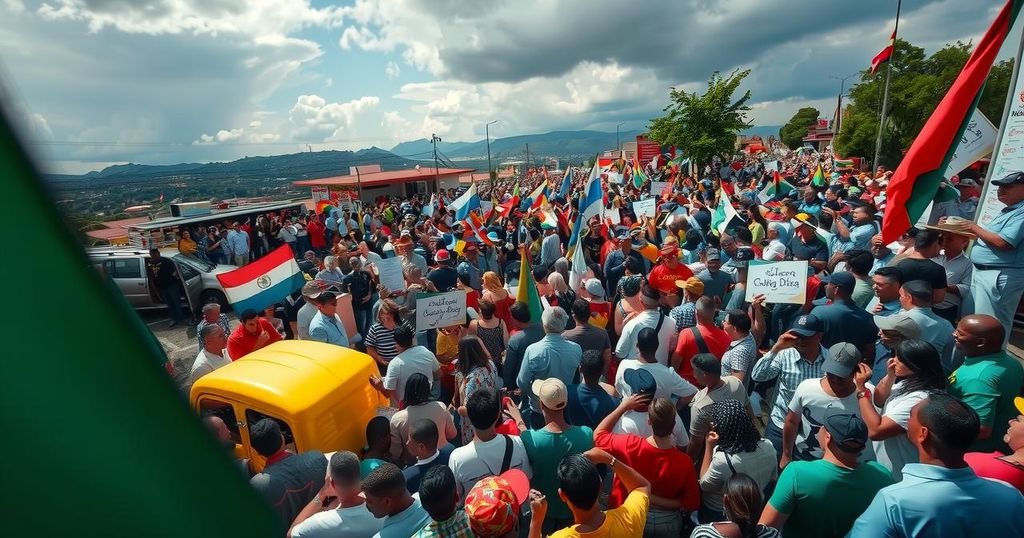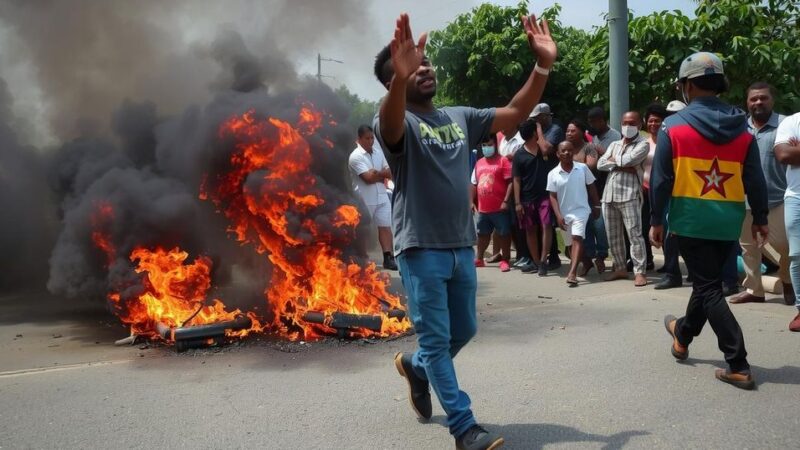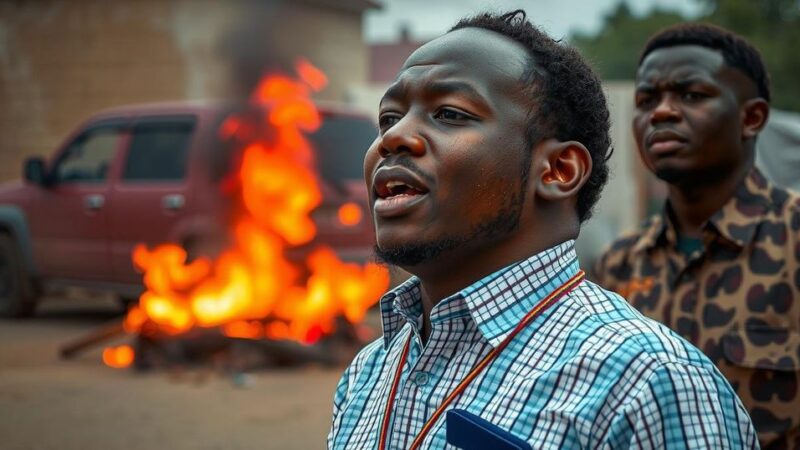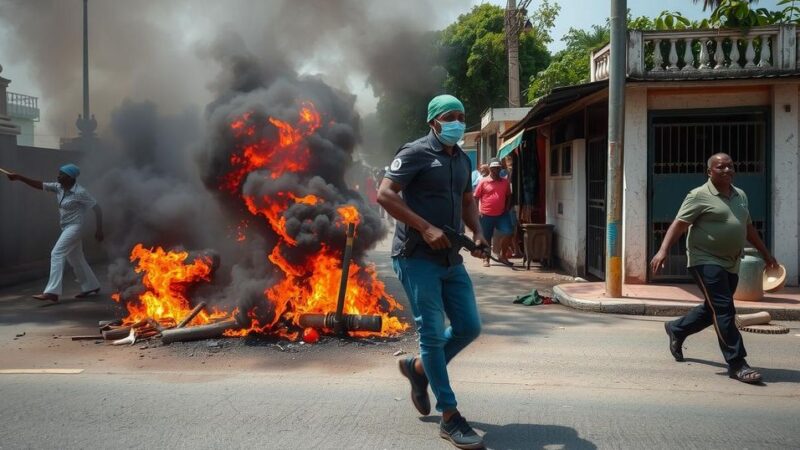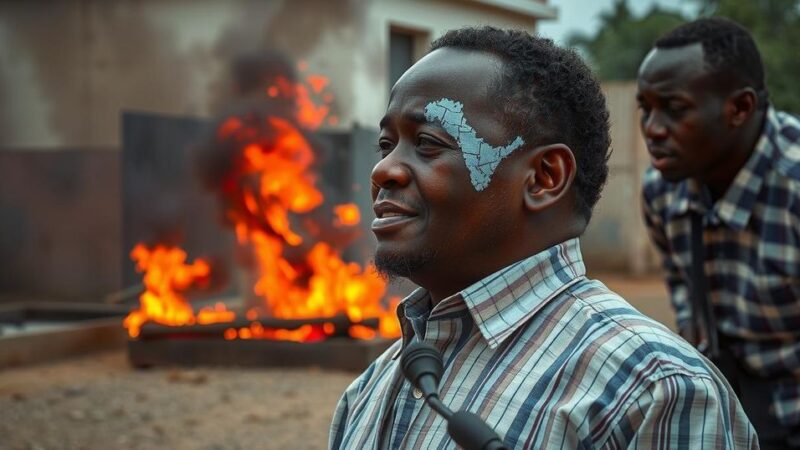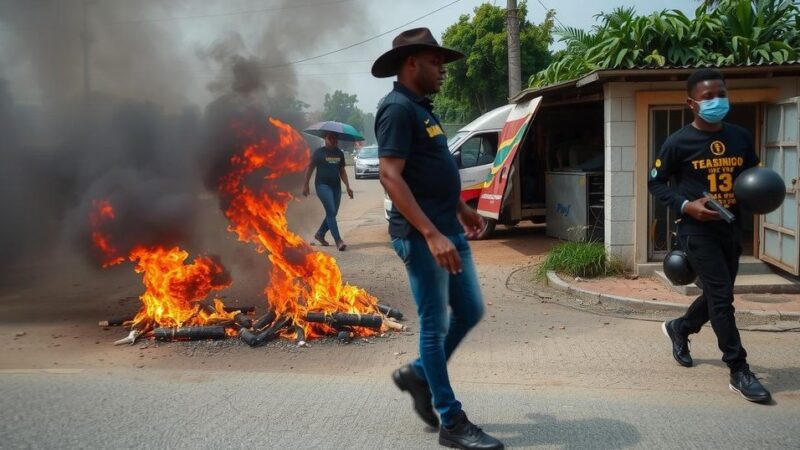Uruguay will conduct its presidential election on Sunday, focusing on issues like crime, child poverty, and an aging population. Current President Luis Lacalle Pou cannot seek re-election, leading to a contest between his conservative coalition and a leftist alliance that previously governed. The election outcome could impact the country’s approach to international trade, especially with China, while also addressing rising concerns over crime and social welfare.
Uruguay is set to hold its presidential election on Sunday amidst notable political and economic stability in Latin America. The election will see the nation of approximately 3.4 million citizens deliberating over significant issues such as crime, child poverty, and an aging demographic, with the current president, Luis Lacalle Pou, being ineligible to seek a second consecutive term due to constitutional limits. The outcome of the election will determine whether Lacalle Pou’s conservative coalition will maintain control over the presidency or if a moderate leftist alliance, which previously governed from 2005 to 2020, will make a return to power. This leftist coalition is recognized for progressive policies such as the legalization of marijuana and enhanced investment in green energy. The candidate representing the opposition, Yamandú Orsi, has indicated a preference for negotiating trade agreements with China through Mercosur, a regional trade bloc, rather than pursuing an individual trade deal, which may affect Uruguay’s economic relations. Regardless of the victor, the incoming administration will have to confront the pressing challenges of an evolving society, where crime rates have escalated due to drug-related gang activity, and concerns regarding child poverty remain prevalent. The election’s civil discourse, focused predominantly on policy rather than personal attacks, distinguishes Uruguay’s electoral process from those in other nations, particularly the United States.
The upcoming presidential election in Uruguay is framed within a significant context of social challenges and political consistency. Uruguay has been reputed as one of the more stable democracies in Latin America, characterized by civility in political discourse and a focus on substantive policy over personal attacks during the political campaign. The outgoing president, Luis Lacalle Pou, has been instrumental in maintaining this stability but, due to term limits, will not be a candidate. The election serves as a pivotal moment for evaluating the future direction of the nation, particularly regarding its economic policies and social issues that require urgent attention, such as crime and poverty.
In conclusion, Uruguay’s 2024 presidential election is poised to address critical social issues while reflecting the nation’s commitment to a respectful and policy-centric political culture. The result of this election will significantly influence Uruguay’s domestic policies and international trade prospects. As voters head to the polls, the focus remains on the implications of their choices amidst challenges such as crime, child poverty, and demographic shifts, all while navigating the dynamics of political allegiance between conservative and leftist ideologies.
Original Source: www.nytimes.com

